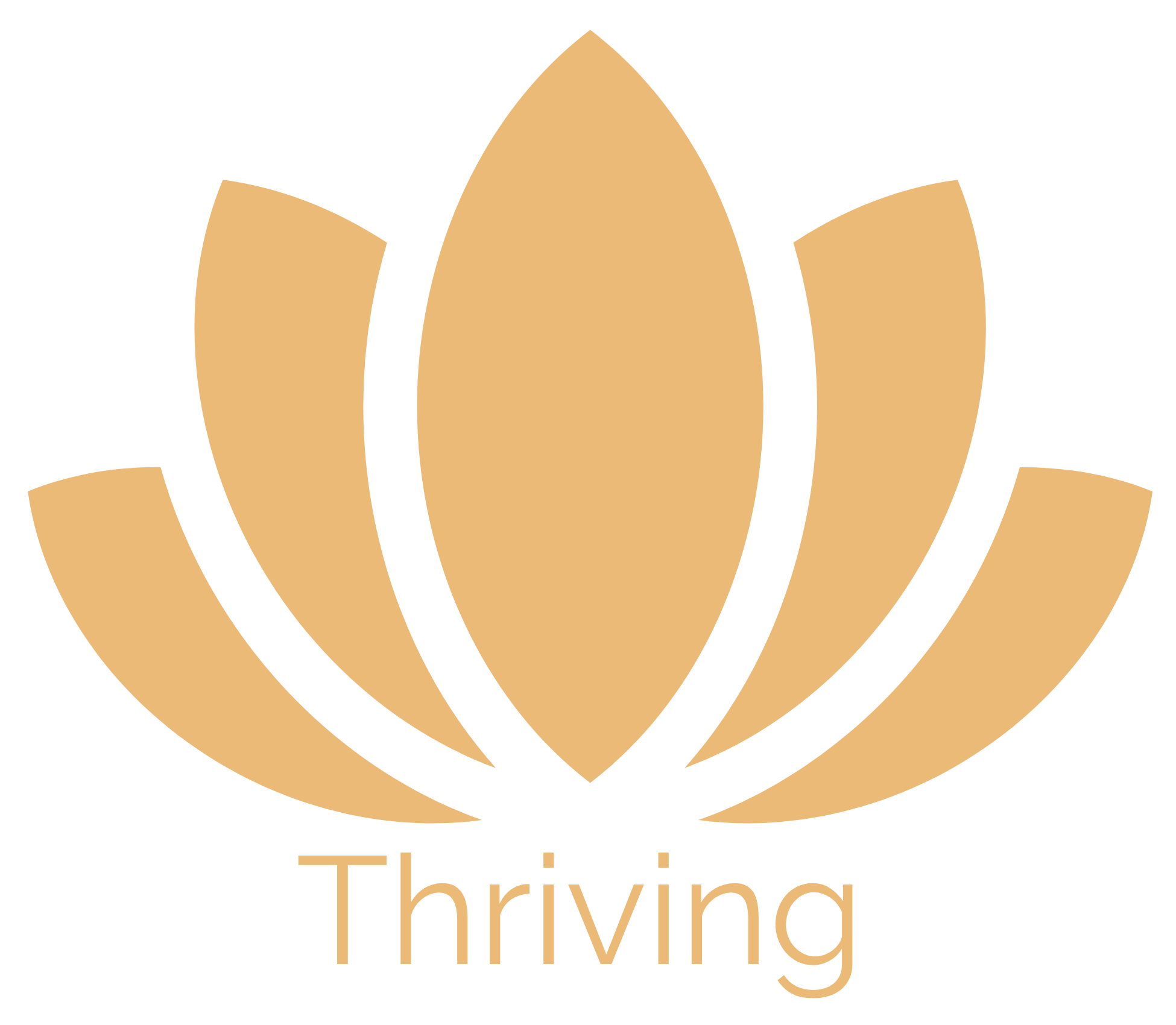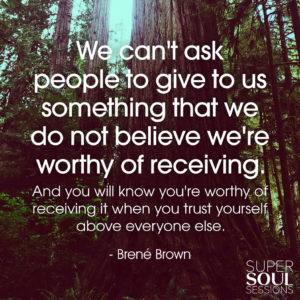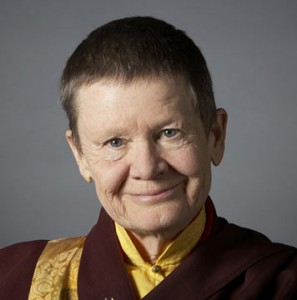I have discovered the Enneagram System as a powerful way of understanding how I relate to myself and to the world.
Susan Piver has a great series of videos about the Enneagram on her Facebook site from back in April/May if you are curious to learn more in a down to earth way.
I learned that a core aspect of my personality is anger, even resentment.
In my healing journey, I had come to recognize that there is an underlying resentment in me due to my perfectionism fighting against what I was seeing in the world, and how other people were living there lives.
But anger, no, not anger! That was an emotion that I learned early to bury deep inside me. Anger was not something my parents were open about, it happened behind closed doors, or with slamming doors followed by one of them leaving the house.
I had plenty to be angry about, with the abuse, the lack of love and emotional support in my family that let it happen and didn’t protect me. The incredible impact the abuse had on my life. The efforts I would have to go to heal myself because some shit decided I was his plaything.
I still struggle with feeling and expressing anger.
My good Buddhist/spiritual friend I meditate on Zoom with once or twice a week talks about how all emotions are just energies that arise and go, arise and go. That it is when we are hooked by them that we give them the power over us and our lives. Pema Chödrön’s books are great resources for understanding this.
I get TED talk recommendations in my email and this talk on The Power of Women’s Anger caught my eye.
It is a really good one!
Description: Anger is a powerful emotion — it warns us of threat, insult, indignity, and harm. But across the world, girls and women are taught that their anger is better left unvoiced, says author Soraya Chemaly. Why is that, and what might we lose in this silence? In a provocative, thoughtful talk, Chemaly explores the dangerous lie that anger isn’t feminine, showing how women’s rage is justified, healthy, and a potential catalyst for change.
But in fact, the effect is that when we say what’s important to us, which is what anger is conveying, people are more likely to get angry at us for being angry…the anger gets all tangled up with the anxiety and the fear and the risk and retaliation.
People who are able to process their anger and make meaning from it are more creative, more optimistic, they have more intimacy, they are better problem solvers…



